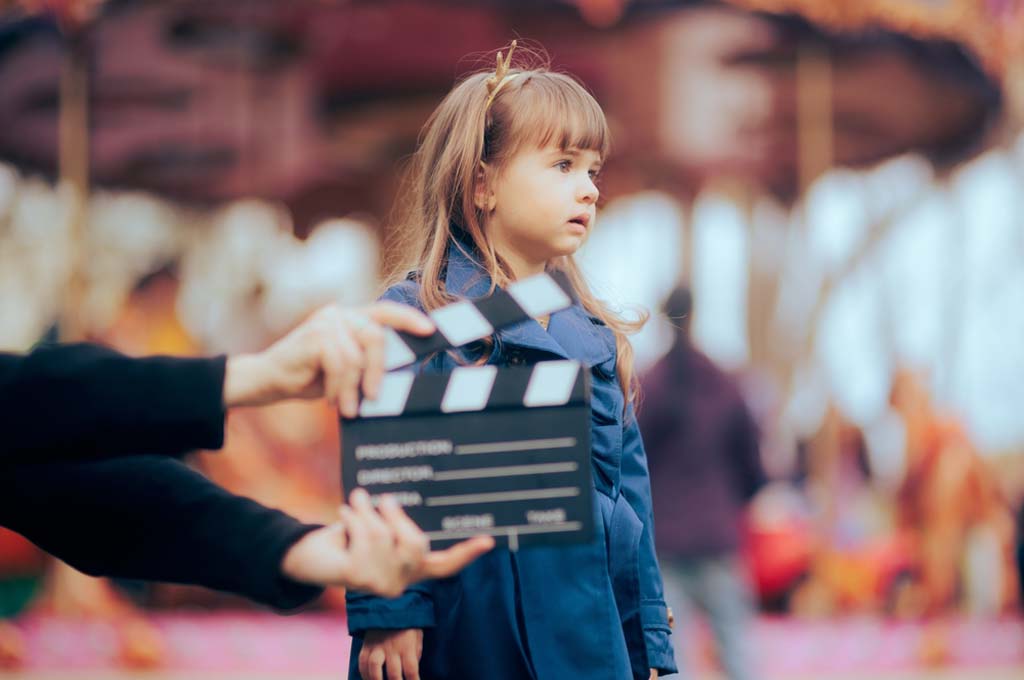It’s easy to appreciate the value of the performing arts as an adult. We’ve all been emotionally moved at some point in our lives thanks to a riveting theater performance or a moving display of vocal acrobatics by one of our favorite singers.
But many are surprised to learn that the benefits of the performing arts are equally important to young children. While the concept may be novel to us, the idea has been around for centuries. In fact, it was famed Greek philosopher Plato who noted…
“I would teach children music, physics, and philosophy; but most importantly music, for the patterns in music and all the arts are the keys to learning.”
The value of the performing arts—activities like music, dance, singing, and drama performed in front of an audience—to young, developing minds cannot be overstated. That’s why we’ve gathered a list of 5 surprising ways the performing arts benefit your child’s development. Let’s take a look!
1. Increases Empathy
Empathy, or the ability to understand and share the feelings of someone else, is a learned behavior. When taking on the role of another person or singing words related to someone else’s struggle, children are immersed in emotions that are not their own. Through the arts, children can share in the experiences of people from other cultures and customs, learning to recognize differences and similarities in their own lives. This awareness broadens their understanding of the world around them and makes them more sympathetic to the challenges faced by others.
2. Boosts Self-Confidence
It is so important for children to stretch the boundaries of what they think they can do, and there is no better medium for building self-confidence than in the performing arts world.
Even if you’ve never participated in the performing arts, you’ve likely experienced pre-performance jitters when preparing to give a presentation to your professional peers or even just speaking in front of a crowd. Allowing children to experience, work through, and come out the other side of that anxiety at a young age is a tremendous life skill that will increase their self-confidence and serve them well throughout their educational careers and their adult lives.
3. Improves Self-Expression
If you’re struggling to wrap your mind around the meaning of self-expression, think of a film you enjoy that has had multiple adaptations. For example, Hamlet has been on the big screen several times, but the performance given by Laurence Olivier is quite different from that of Christopher Plummer…which is markedly different from Kenneth Branagh…even though the material is the same. The difference comes from each actor expressing a bit of themselves through the work, and that interpretation of emotion is a skill children can hone through the arts.
Learning what emotion they are experiencing and how to express it in a healthy way is challenging for anyone, especially children. Acting, singing, and dancing, are safe spaces where children can freely explore the emotions art naturally conjures up and express them in a way that is entirely unique to them.
4. Boosts Collaboration
When an orchestra performs, there must be a team mentality. The horns won’t sound as good if the woodwinds are pitchy or the drum section is offbeat. And the same is true for the performers in a play or for singers in a choir.
Participating in performing arts teaches children how to work collaboratively and in a way that everyone is working for the greater good of the group. Working in a group environment teaches children that each part is valuable to the collective whole that is the overall performance.
5. Supports Academic Achievement
Recent research indicates that exposure to the arts is linked to better academic achievement, both in the year the arts participation takes place and in later academic years.
This may be due, in part, to the fact that a child’s listening skills improve as they learn to take instruction from stage directors, music conductors, dance teachers, and others in positions of leadership. As they work to attend, they are building concentration and memory skills that can be used in academic study.
A Few Final Tips
You may be wondering how to get your little learner interested in the performing arts. Here are a few tips:
-
Take them to arts productions—go to the theater, musical productions, concerts, and other events to show them how amazing the performing arts can be.
-
Let your child take the lead—if your little one has a clear preference for singing, dancing, learning an instrument, or acting, sign them up for lessons. It will be much easier to grow their enthusiasm if it’s an art form they already love.
-
Be their cheerleader—celebrate participation on any level! They don’t have to be the featured singer or lead in the play to enjoy the benefits of the performing arts.
Thanks for reading,
Clovel Childcare
1300 863 986











